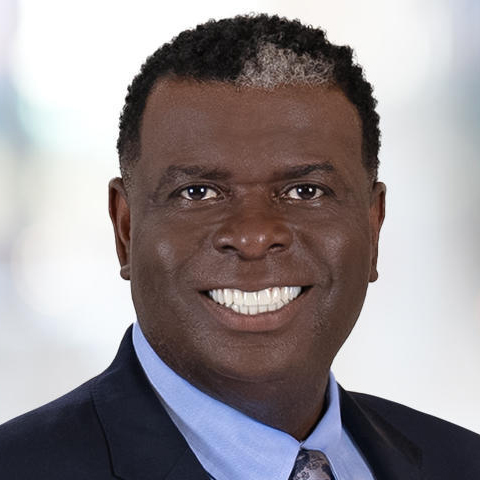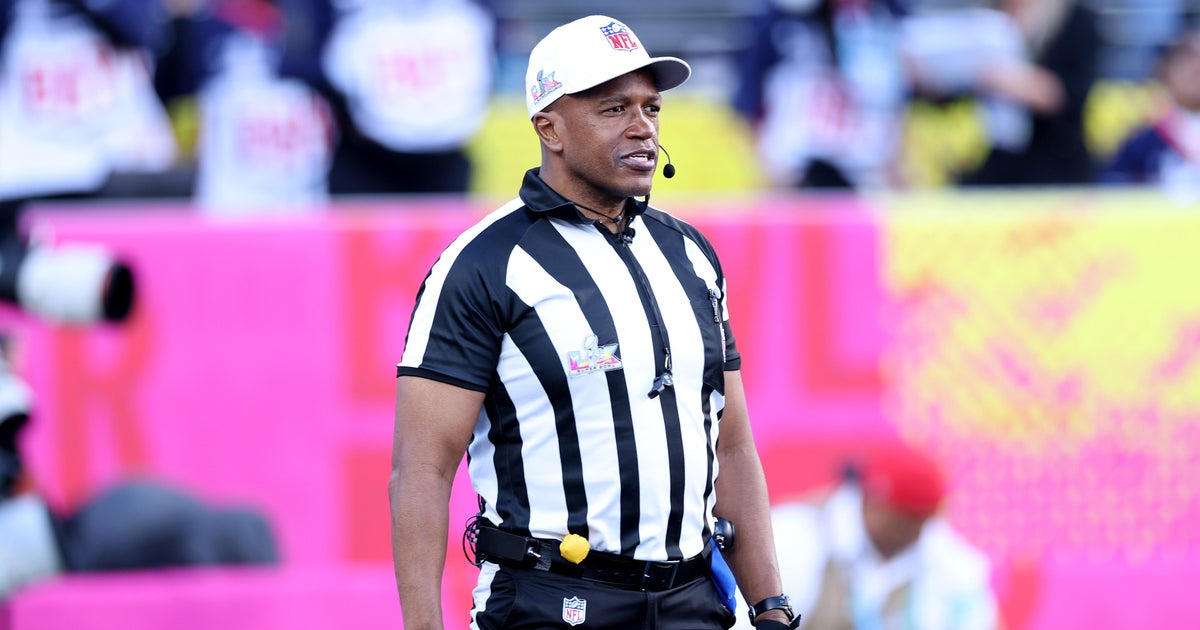Brett Favre reveals he's been diagnosed with Parkinson's disease, testifying before U.S. Congress committee
WASHINGTON — Hall of Fame NFL quarterback Brett Favre said during testimony before Congress Tuesday he has been diagnosed with Parkinson's disease.
Favre, 54, revealed the diagnosis before the House Ways and Means Committee in Washington. The Republican-led congressional committee is examining how states are falling short on using welfare to help families in need.
Favre said he has repaid more than $1 million in fees for speeches he never delivered and for radio spots that were paid for from the Mississippi welfare fund. Favre has denied wrongdoing and sued the state auditor and two sportscasters for defamation over the scandal.
Favre spent most of his career with the Green Bay Packers, winning a Super Bowl and three MVP awards. He finished his career with the Minnesota Vikings.
What is Parkinson's disease?
Parkinson's disease is a disorder of the central nervous system that affects movement, often causing tremors. In the United States, about 500,000 people are diagnosed with the disease, according to the National Institutes of Health. But given many people go undiagnosed, the actual number may be much higher.
While a tremor is perhaps the most recognizable symptom of Parkinson's, the disease can also cause stiffness, slowed movement, stiffness, impaired balance and speech changes. The cause of Parkinson's is unknown but scientists believe several factors play a role, including genetics, environmental triggers and other health conditions.
Currently, there is no known cure for Parkinson's disease, but a variety of medications can provide relief from symptoms. In some more advanced cases, surgery may be advised.
Without examining Farve, Dr. Jerrod Vitek, who studies Parkinson's at the University of Minnesota, says there is no way to know what Farve's symptoms are or how long he has been impacted by them. What he does know is his 20-year career in the NFL may have increased his chances of having Parkinson's.
"It's hard to say definitely if that is the case, but there is an increase incidence of Parkinson's in people that play football and there seems to be a relationship to how long they played and the intensity in which they played," Vitek said.
The therapies that doctors use for treatment depend on a person's symptoms. For Farve, Vitek says the active lifestyle is a plus.
Many other celebrities have gone public with their battles with Parkinson's, including Neil Diamond, Richard Lewis and Michael J. Fox.
Favre's involvement with Prevacus
While announcing his Parkinson's diagnosis, Favre referenced "a company that I believed was developing a breakthrough concussion drug I thought would help others."
"I'm sure you'll understand why it's too late for me," Favre said, "because I've recently been diagnosed with Parkinson's. This is also a cause dear to my heart."
The company in question is Prevacus. In January 2019, Favre hosted Mississippi officials at his home, where an executive for the company, which Favre invested in, solicited nearly $2 million in state welfare funds, according to pitch materials obtained by CBS News. Then-CEO of Prevacus Jacob VanLandingham led the pitch.
About two weeks after the pitch, VanLandingham and Zach New, an executive for a nonprofit tasked with doling out Temporary Assistance for Needy Families welfare funds, signed a contract for $1.7 million promising Mississippi that, in return for the money, it would have the "first right of refusal for clinical trial sites" in a future study phase described as "1B."
Months later, VanLandhingman asked a state welfare official for the money in a text message exchange, a screenshot of which was obtained by CBS News.
An attorney for VanLandingham said in a letter to CBS News that VanLandingham and Prevacus were "never aware that the money received was sourced by TANF funds or that it was earmarked to help welfare recipients."
According to an attorney who represented the state of Mississippi in a civil lawsuit seeking millions from dozens of people and companies, including Favre and Prevacus, Favre "was the single largest outside investor" in Prevacuse when it received the state grant.
Neither Favre nor VanLandingham has been charged with any crime.




